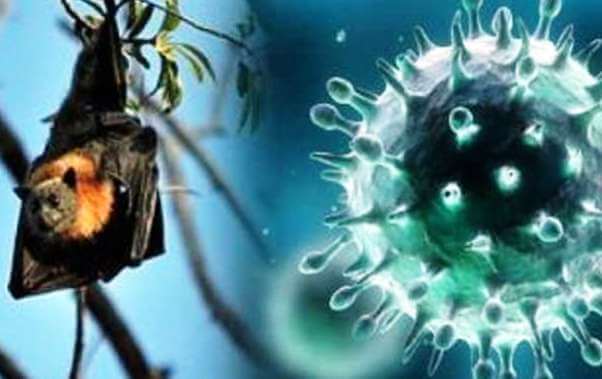Nagpur: A 12-year-old boy infected with the Nipah virus passed away in a private hospital on Sunday in Kozhikode.
As per a report, the boy showed symptoms of encephalitis and myocarditis which is said to be inflammation of brain and heart muscles.
Kerala, the worst-affected state due to Covid-19 now has another problem to deal with—the Nipah virus.
The virus has re-emerged in the state and looking back at the history of the virus, the cases have remained localized and have been contained very quickly.
Kerala is currently contributing over 65 per cent of cases every day.

“The most important job is to strengthen contact tracing. We are giving special training to our field workers.
It is equally important to find the source of infection.
Whether this child is the first to get infected or from where this child was infected.
We traced 188 contacts yesterday. There can be more contacts. We are trying to locate everyone,” Kerala Health minister Veena George said.
What do we know about the Nipah virus?
The first outbreak of the Nipah virus was reported from Malaysia in 1998 and Singapore in 1999.
The name of the virus comes from the village in Malaysia where the first case was detected.
After 1998-99, the virus has been recorded in several south and southeast Asian nations.
In India, there was an outbreak in West Bengal back in 2001 and 2007, meanwhile, Kerala had reported several cases in 2018.
How does the virus spread?
The Nipah virus is a zoonotic virus, which means it has been transmitted to human beings through animals.
It usually happens due to consumption of contaminated food.
However, scientists believe that human-to-human transmission too is possible.
The animal host for this specific virus is known to be the fruit bat, which is also known as the flying fox.
These bats are known to transmit the virus to other animals, for example, pigs, dogs, cats, goats, horses, and sheep.
Humans get infected through direct contact with these animals or through consumption of food contaminated by saliva or urine of these animals.
Is it as deadly as the Covid-19?
The Nipah virus is said to spread far more slowly than the novel coronavirus.
During its first outbreak in Siliguri, West Bengal the Nipah virus had killed 45 to 65 people.
In the next outbreak in 2007, all five people who were infected died.
In 2018 in Kerala, 17 of the 18 patients died due to the Nipah virus.
According to a report, the mortality rate of Covid-19 epidemic is expected to be around just one per cent.
India recorded 38,948 fresh cases of Covid-19 on Monday out of which 26,701 cases were recorded from Kerala alone.














